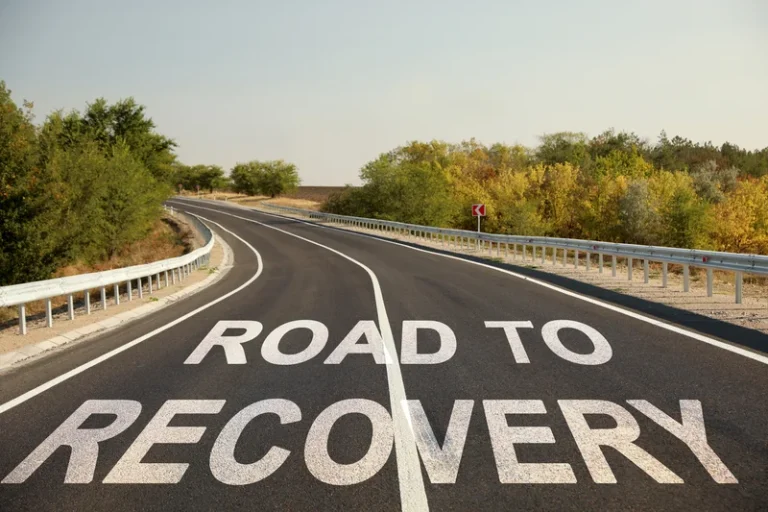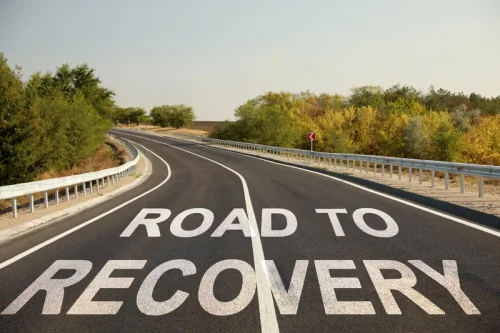The 4 Stages of Alcohol and Drug Rehab Recovery

Recognizing one’s use has become a problem and acknowledging how addiction is affecting one’s life is the first step toward healing. If you believe that you fall within one of these stages of addiction, remember that help is available. The subtle way addiction unfolds can be hard to see until it’s too late.
What Is the Drug and Alcohol Addiction Recovery Process?
- It’s not possible to undo the damage that was done, but it is possible to build new sources of self-respect by acknowledging past harms, repairing relationships, and maintaining the commitment to recovery.
- Rehabilitation can take place in various settings, such as inpatient or outpatient treatment centers, and may involve individual therapy, group therapy, or other forms of treatment.
- Developing coping mechanisms is vital for navigating life’s ups and downs without turning to alcohol.
- While participating in the 12 steps of recovery can be beneficial for many people, consider the advantages and disadvantages of these programs before you decide if this approach is right for you.
- The Twelve Steps themselves are the essence of Alcoholics Anonymous.
Whether you seek help voluntarily or are forced by circumstances to enter rehab, your recovery process will begin with a professional treatment program. Approximately 15 percent of those who relapse regress to the precontemplation stage, and approximately 85 percent return to the contemplation stage before progressing to the preparation and action stages. Most people recovering from addiction will cycle through the stages of change three or four times before completing the cycle without a slip. While some alcoholics progress through the first five stages of recovery in a linear fashion, many do not. It’s more common for people to move back and forth through the stages of change as they tackle addiction. At this point, people are committed to change and are preparing to take action within the next several days or weeks.
Adapting to Ebb and Flow: The Stages of Change Model

Telehealth specialty services and online support groups, for example, can allow people to maintain their routines and privacy and may encourage earlier acceptance of treatment. The NIAAA Alcohol Treatment Navigator can help you connect patients with the full range of evidence–based, professional alcohol treatment providers. Sometimes one of the most helpful ways to learn about treatment is to speak with someone who understands the recovery process and the types of treatment options available. There are also free alcohol and drug abuse hotline numbers you can call. This stage of change can present new challenges as a person navigates life after treatment or without the regular support they may have had previously.

Stage 2: Seeking Help and Treatment
While the 12 steps in use today are based on the same ideas written by the founders of AA in the 1930s, the understanding of the term “God” has since broadened to refer to any “higher power” that a person believes in. The Twelve Steps themselves are the essence of Alcoholics Anonymous. They are the directions meant to provide members a path to lasting sobriety and a substance-free lifestyle. Identify other factors in your life—relationships, work—that can help take the focus off addictive behaviors. Planning in advance a way out of high-risk situations—whether an event, a place, or a person—helps support intentions in the face of triggers to use. But it has since been adapted for drug use and other addictions like porn and gambling.
Symptoms of Alcohol Detox
Though the original Twelve Steps of AA have been adapted over time, the premise of each step remains the same for all recovery programs that use a 12-step model. When looking for a recovery center to begin the treatment process, keep in mind that there is no treatment that is right for everybody. You will have the most success when you first educate yourself about available treatment types and then find a program that is tailored to your needs.

Alcohol treatment and recovery is a lifelong process that requires commitment and changes in many aspects of a person’s life. By embracing a sober lifestyle and continuing to seek support and personal growth, individuals can find lasting recovery and build a fulfilling life free from the grips of alcohol addiction. Remember, the journey of recovery is unique to each individual, and progress may vary. Patience, perseverance, and the willingness to seek help when needed are key to long-term success. During this stage, individuals may also explore different treatment options, such as outpatient programs, inpatient rehabilitation, or support groups.
Alcohol Use Disorder Outlook and Treatment

It’s essential to seek professional help during this stage to ensure a safe and effective detoxification process. Medical professionals can provide medications and support to manage withdrawal symptoms, making the detoxification journey more comfortable and secure. Remember, seeking help and treatment is a significant step towards recovery, and it’s important to reach out for professional guidance. If you or someone you know is struggling with alcohol addiction, consult with a healthcare professional or contact a reputable treatment center to explore the available options. TheStages of Change Modeloutlines the steps many take throughout the addiction recovery process. While every person’s journey to sobriety is unique, you may recognize yourself or a loved one in any of these stages.
Dependence
Gaining the skills to avoid relapse is a necessary part of the recovery process. At least equally necessary is developing in a positive direction out of the addiction. The key is cultivating new goals and taking measures to move towards them. The motivational force of new goals eventually helps rewire the brain so that it has alternatives to https://ecosoberhouse.com/article/alternatives-to-alcohol/ the drive for drugs.

There are various types of medical treatment options available, depending on the individual’s needs and preferences. Accepting the need for help often involves reaching out to healthcare professionals, such as doctors, therapists, or counselors, who specialize in addiction treatment. These professionals can provide valuable information, guidance, and resources to assist individuals in their journey towards recovery.
- One way or another, they learn and deploy a set of skills that help them get through the strong cravings and urges of the difficult early stages of recovery.
- If you or someone you know is struggling with substance abuse, reach out to the resources listed above and take the first step toward a better life.
- Detoxification is a complex and challenging process, which is why it is strongly recommended to undergo it under medical supervision.
- Building a support system may take time and involve identifying individuals who are genuinely supportive and understanding.
- This sets the stage for the subsequent stages of alcohol recovery, where individuals can seek appropriate help and treatment to address their addiction.
- BetterHelp can connect you to an addiction and mental health counselor.
- It might also begin through prescribed medication, like when a person is prescribed painkillers for an injury or medical procedure.
- To improve mental health care for all the children who need it, the Child Mind Institute has begun a program of prevention and workforce development.
- TheStages of Change Modeloutlines the steps many take throughout the addiction recovery process.
- Addiction doesn’t just affect individuals; addiction is a family affliction.
- Many people believe that they are powerless to change their own addictive behavior, and often it is a belief that keeps people addicted.
It’s a disease—an altering of the brain that stages of alcoholic recovery controls a person’s motivation and ability to make healthy choices. Once it takes hold, it can be hard to shake loose—without the right help. Alcohol misuse and addiction can have harrowing and hazardous side effects at every phase. Effective, evidence-based treatment can help and recovery is possible.
